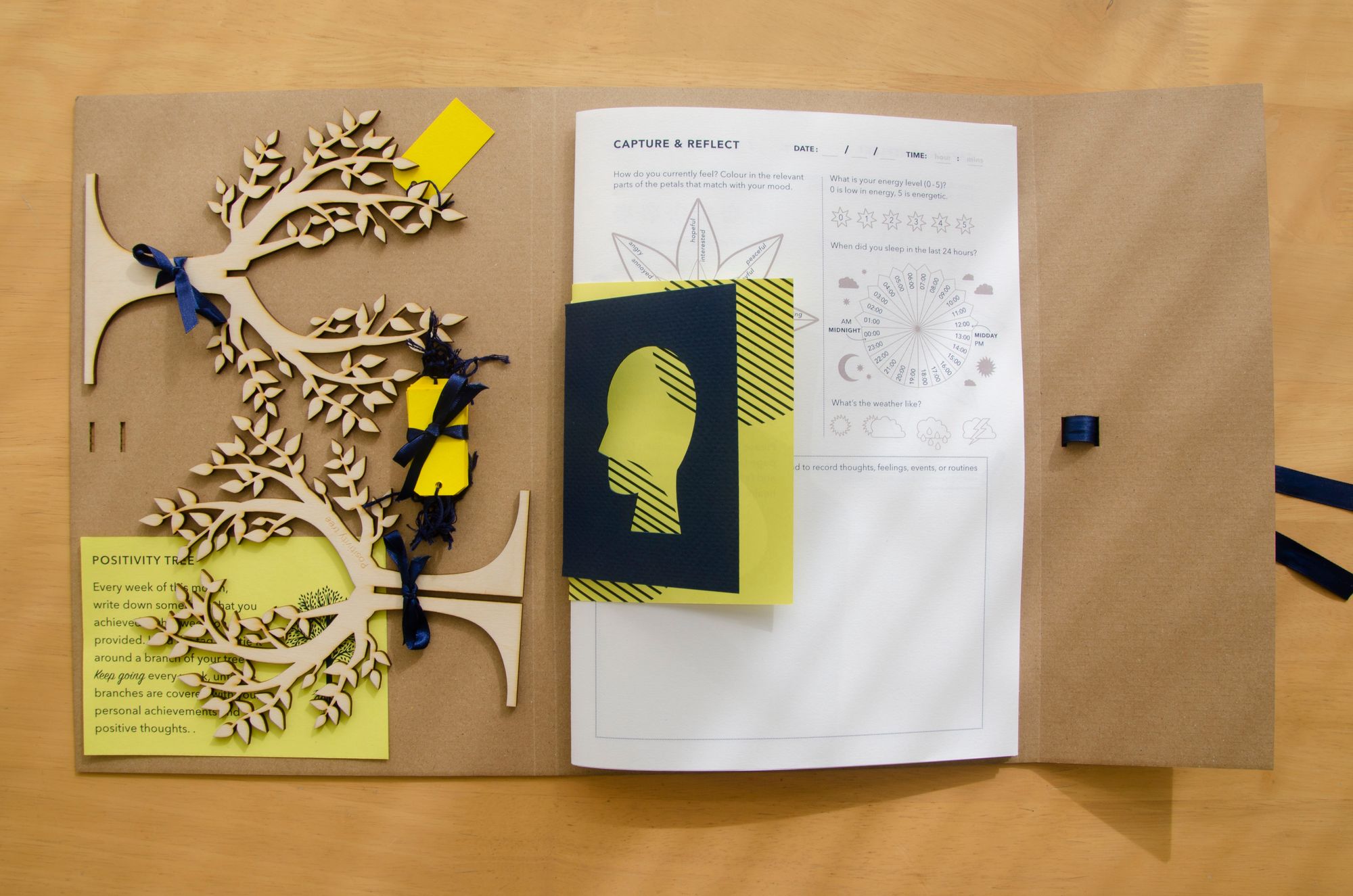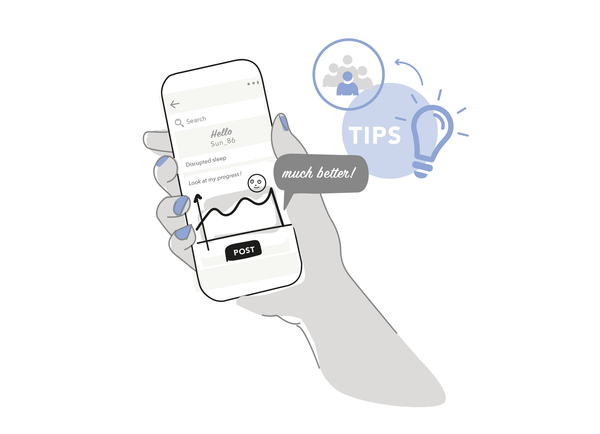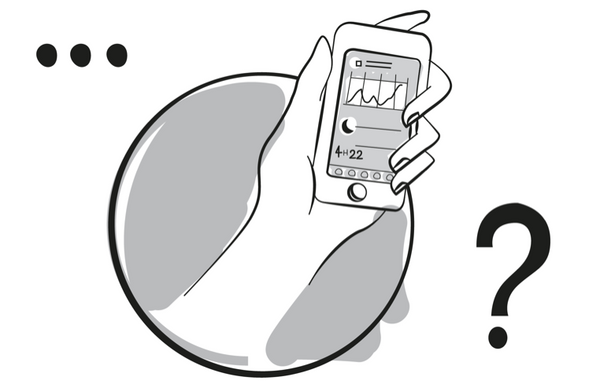Research study
Diary Study on HIV Self-Care

We conducted a longitudinal Diary Study with seven UK adults with HIV to understand their lived experience managing the condition over time. A bespoke paper diary was designed for participants to record activities, thoughts, and feelings on a daily basis. Each diary user also took part in three interviews with researchers over time, and addressed the following research questions.
- What is the lived experience of people with HIV, who are engaged in treatment, of capturing information about their health and wellbeing for living well with their condition?
- How do people self-report and capture information about their health and wellbeing for self-managing HIV?
- How may this information be useful in the clinical consultation (i.e. in regular patient-doctor communication) from the perspective of people living with HIV?
- What are the barriers relating to Trust, Identity, Privacy, and Security for people with HIV to communicate this self-generated information to their healthcare provider (i.e. clinician who provides regular consultations on treatment and care)?
Diary study to understand self-care and HIV self-management
NU researchers collaborated with Terrence Higgins Trust (THT) and Blue Sky Trust (BST) to develop the study and recruit participants. Three women and four men took part in this study and engaged with the Diary for up 12 months. The study was motivated by investigating the daily practices of Self-care, and how self-reporting on health and wellbeing may support HIV self-management and communication with others within relationships of care. Data collected from the diary entries and interviews were analysed using qualitative methods. Two-round of analysis were conducted by NU researchers in collaboration with INTUIT peer researchers (THT).
Insights
Findings illuminated the significance of social and emotional wellbeing for managing HIV, and what personal information is found helpful to capture, and how, for supporting HIV self-management and self-care. Participants found value in using the paper-based INTUIT Diary to self-report on their health and wellbeing, describing how it encouraged self-reflection and self-awareness in a mindful way, connected to the body. Participants saw the value of the diary to support routine HIV care management. However, they all expressed concerns regarding the sharing of self-reported information with Healthcare Professionals (HCPs), particularly for sharing information digitally. Sharing preferences were dependent on the relationship that individuals had with HCPs; motivation increased if the process and purpose for sharing was made clear and transparent to the individual. Participants felt unsure about how a digital tool (e.g. a smartphone app) could contribute to the patient-clinician relationship and how engagement could be sustained over time.
A second analysis led by THT peer researcher focused on the use of the Diary for communicating self-reported data with HCPs, showing the personal value of using self-reported data in the context of consultations and within a multidisciplinary network of care. Also illuminated was the need for effective communication in these consultations, providing the patient the time to convey their experiences in a non-judgmental environment whilst feeling listened to. This study evidenced unmet communication needs in consultations with HCPs other than HIV physicians for supporting patient-centred health care consultations.
Publications
C. Claisse, B. Kasadha, S. Stumpf, A. Durrant (2022) ‘Investigating Daily Practices of Self-care to Inform the Design of Supportive Health Technologies for Living and Ageing Well with HIV’. ACM CHI Conference on Human Factors in Computing Systems (CHI ’22). Link to publication
S. Sidat, C. Claisse, D. Laycock, B. Kasadha, L. Coventry, and A. Durrant (2022) ‘Understanding Self-care practices to live well with HIV: A phenomenological study to inform supportive technology’. AIDS 2022 The 24th International AIDS Conference. Link to publication


